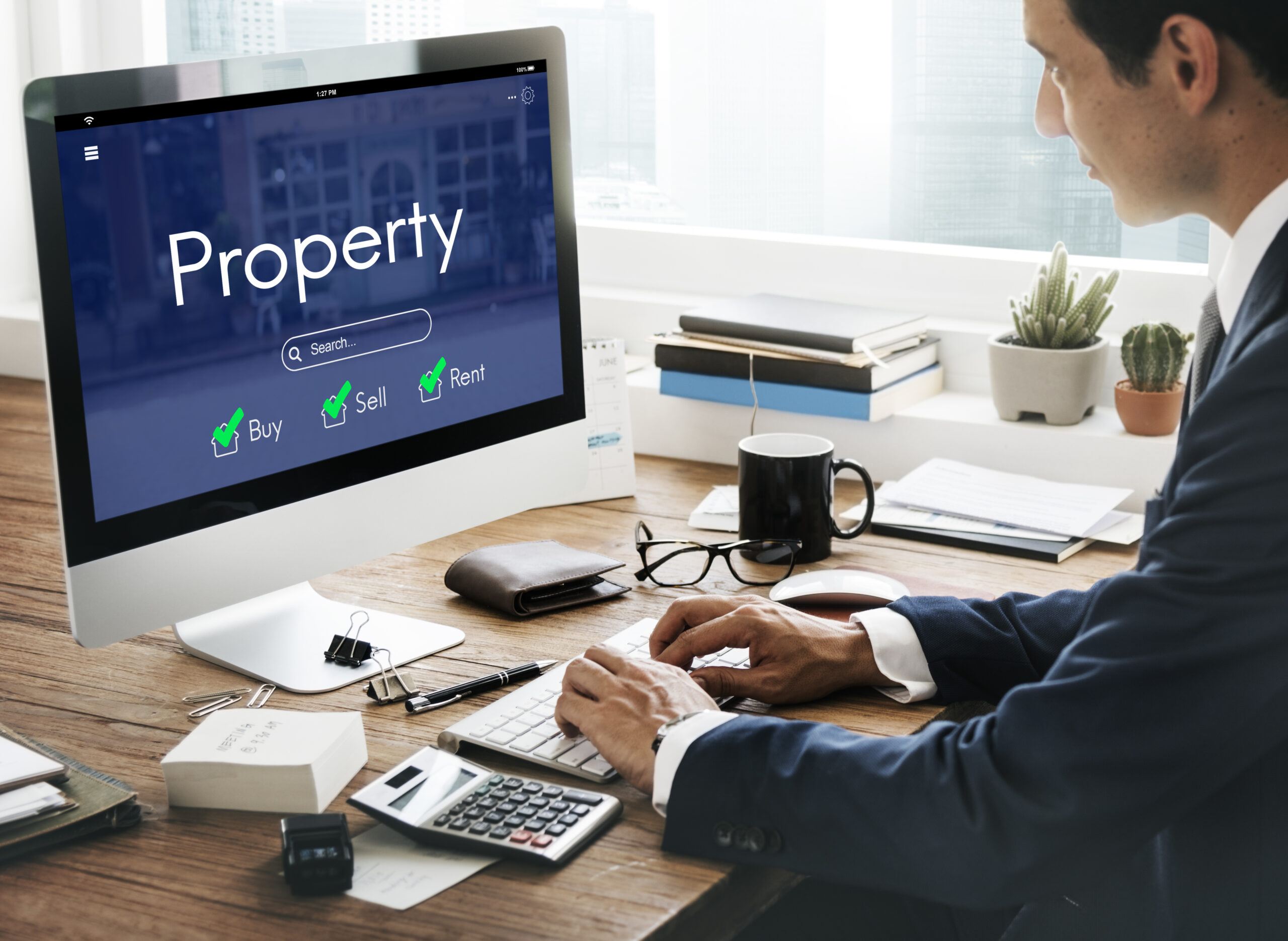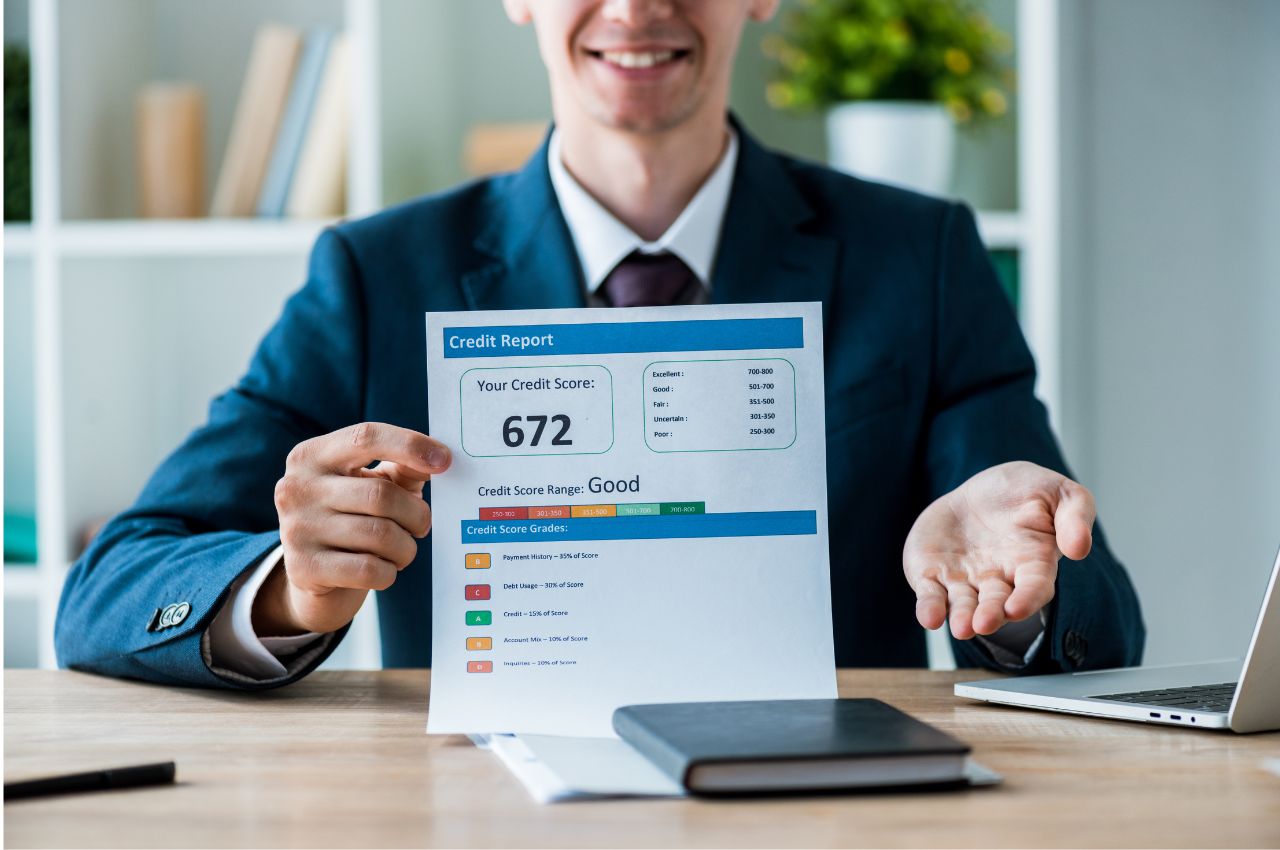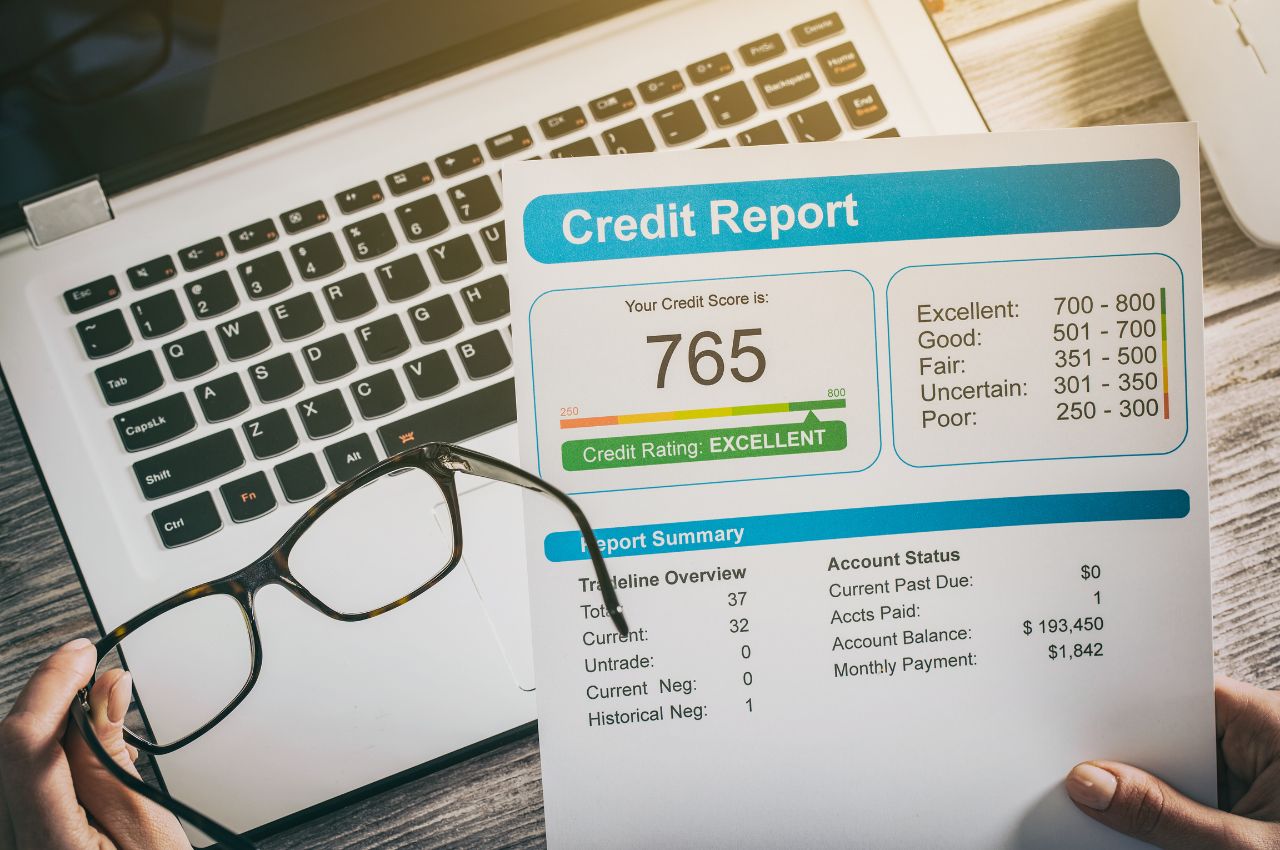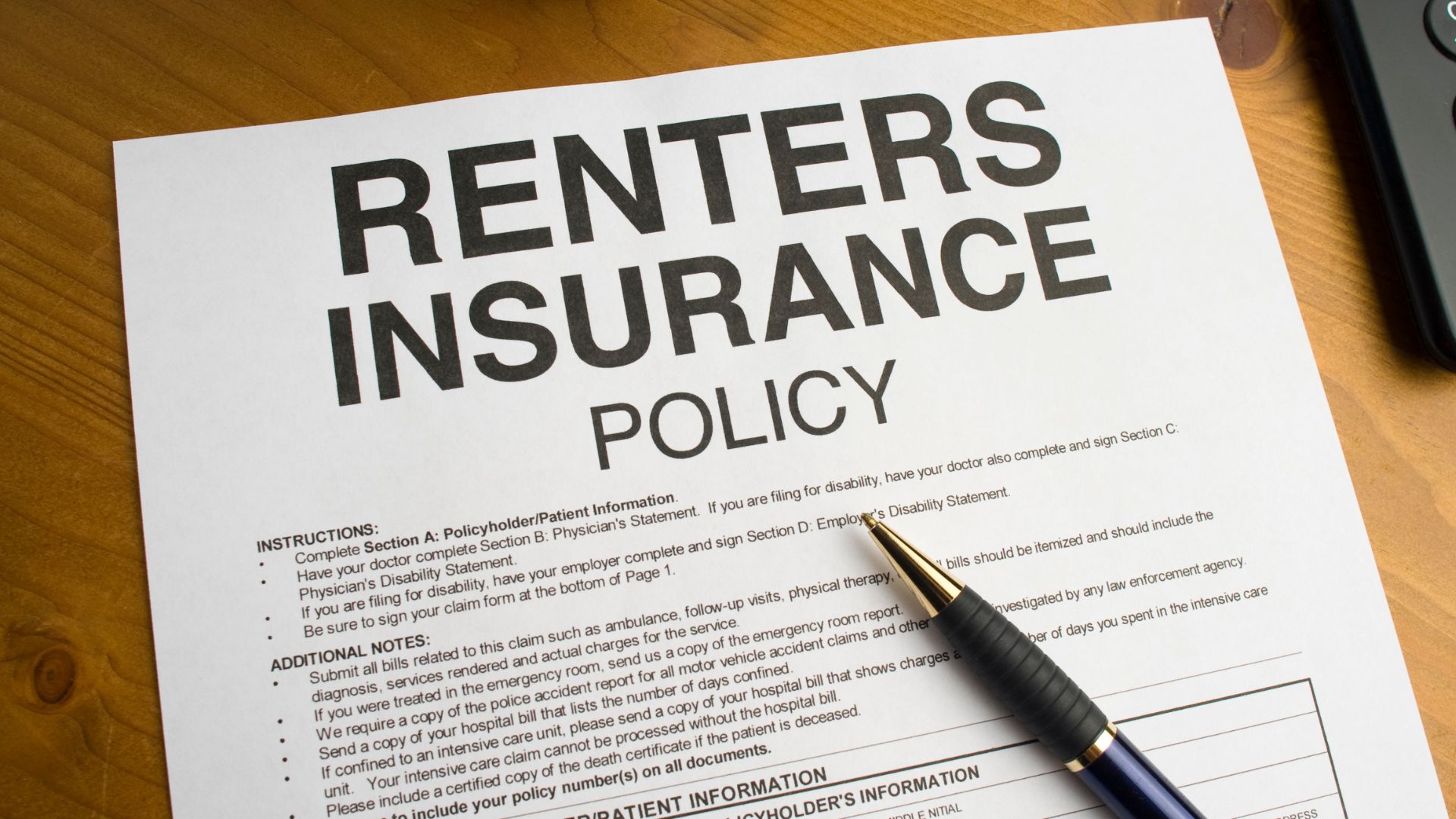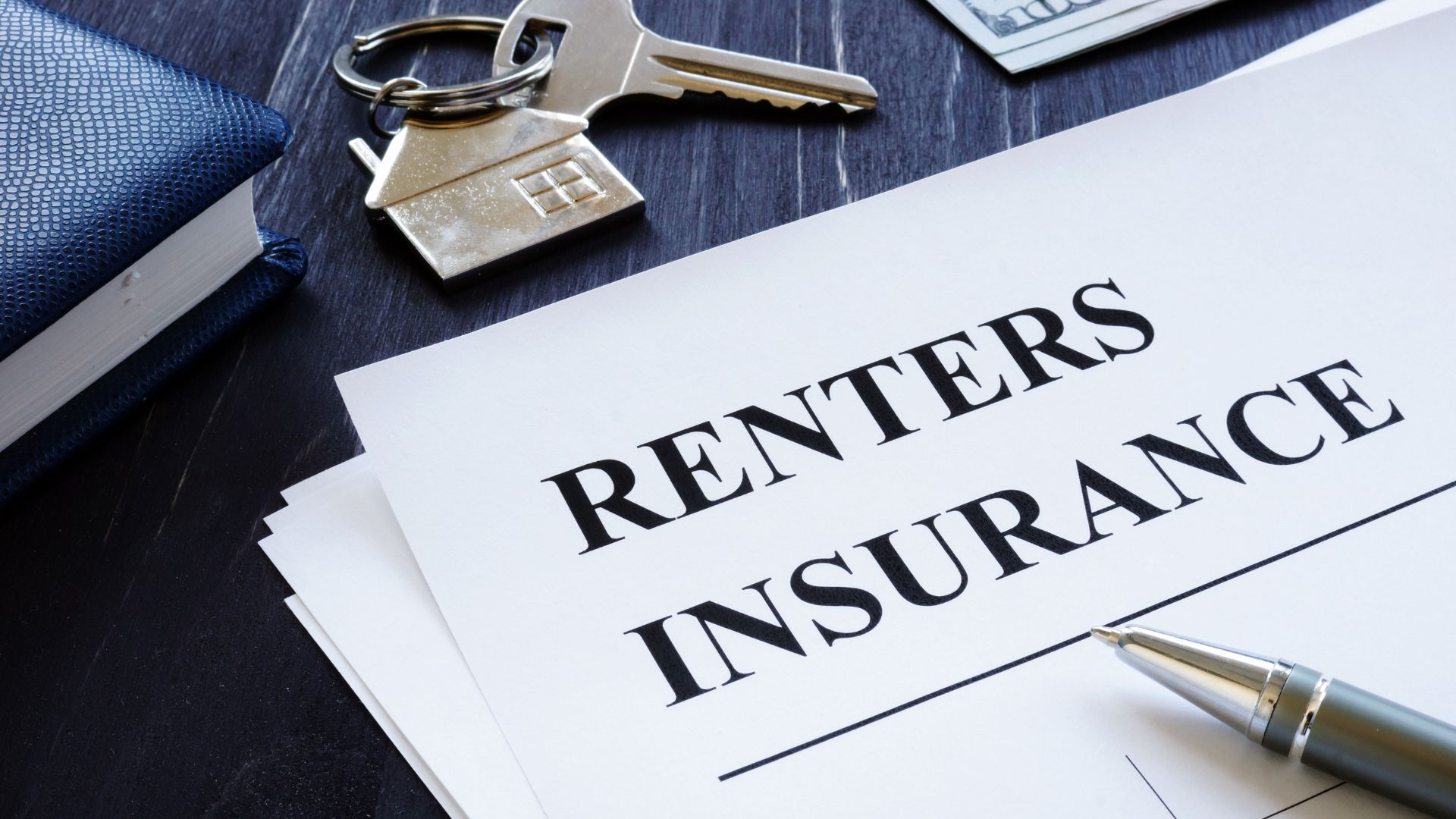Recently, a vengeful Airbnb host recently took a security photo of a married guest with another woman and emailed it to his wife after a failed extortion attempt triggered by a bad review. The guest is now suing the host and Airbnb for privacy invasion and emotional distress.
Understanding rental agreements and the rules about having guests can often feel overwhelming. Tenants need to know their rights, especially regarding overnight guests, to avoid any surprises or conflicts with landlords. And as property managers or hosts, grasping these essentials ensures you’re well-informed and prepared to prevent such conflicts.
Tenant Rights: The Basics
First off, tenant rights are like a protective bubble that laws have created to ensure renters can live peacefully and privately in their rented homes.
These rights cover a range of topics from the right to a habitable living environment to privacy and, you guessed it, the ability to have guests over. While specifics can vary from one location to another, the general consensus is that tenants should feel at home in their rental property, which includes having friends or family over as guests. It’s about striking a balance between living your life and respecting the property and neighbors.
Understanding Lease Agreements: Guests and Limitations
The heart of any rental relationship is the lease agreement. This document can sometimes feel like it’s written in ancient hieroglyphs, but it’s actually the go-to guide for understanding what’s allowed in your rented space, including the policies on guests. Most leases will have a section dedicated to guests, laying out any limitations or rules. Some might specify how long guests can stay, while others might simply require that any visitors not disturb the peace or infringe on the rights of neighbors. It’s important to read these clauses carefully because, while tenants do have rights, lease agreements are legally binding contracts that must be adhered to.

Tenants’ Rights to Have Guests
So, can you have guests over?
In most cases, yes. Having friends or family stay over is generally considered a part of normal living, and most lease agreements or landlord policies reflect that understanding. However, where things get a bit more nuanced is in the definition of a guest versus a tenant. A guest becomes a tenant when they start living on the property without being on the lease, which can complicate things. Landlords typically allow reasonable use of the property, which includes occasional overnight guests, but they might set boundaries to prevent someone from moving in without proper notice or background checks.
The Legality of Restrictions on Overnight Guests
Landlords do have some wiggle room to set rules about guests, especially overnight ones, but there’s a big “but” here: these restrictions need to be reasonable. For example, a rule saying guests can’t stay for more than two weeks without landlord approval is likely reasonable because it prevents someone from essentially living in the property rent-free. On the flip side, a blanket statement like “no overnight guests ever” might not fly, legally speaking. It’s all about what’s considered reasonable in ensuring the property is well-cared for and that everyone’s living in harmony.
Tenant Guest Policy: Navigating the Rules
Getting a handle on your landlord’s guest policy is like reading the rulebook before playing the game. It sets the stage for a smooth experience. Most guest policies are pretty straightforward, aiming to prevent unauthorised residents while still allowing tenants the freedom to have visitors. If your lease is a bit fuzzy on the details, don’t hesitate to ask your landlord for clarification. Understanding these rules upfront can save you from future headaches and ensures that both you and your guests know the boundaries.
Remember, it’s all about respect—respecting the property, your neighbors, and the terms of your agreement.
Can a Landlord Say No Overnight Guests?
This question often bubbles up in tenant-landlord relationships. Can your landlord outright ban overnight guests?
Generally speaking, no. A landlord’s ability to restrict guests, especially short-term visitors, is limited. However, there are exceptions, especially if guest stays are prolonged or frequent enough to disrupt the property or infringe on the rights of other tenants. Landlords can set reasonable guidelines, like informing them of long-term guests or limiting the number of consecutive overnight stays, but blanket bans are a different story. The bottom line: landlords can’t unreasonably restrict your right to have guests, but they can impose sensible rules to protect their property and the community living there.
Can My Landlord Ban Me from Having Visitors?
What if the situation escalates, and your landlord tries to ban visitors altogether? Knowing where you stand legally is crucial. In most cases, outright banning visitors goes against the grain of tenant rights. Your home is your castle, and having guests is part of making that space yours. Exceptions might arise if visitor behaviour violates lease terms, like causing disturbances or engaging in illegal activities. If you find yourself facing a blanket ban, it’s time to review your lease and local tenant laws. Often, a peaceful chat can clear up misunderstandings. If that doesn’t work, seeking legal advice might be your next step.
“No Overnight Guests” in Lease: Understanding Your Rights
Sometimes, leases try to include a “no overnight guests” clause. While landlords might feel this is a way to protect their property, such clauses can be tricky to enforce due to their broad infringement on personal rights and privacy. If you’re eyeing a lease with this type of restriction, consider discussing its implications with your landlord. In many cases, these clauses can be negotiated or clarified to ensure they’re reasonable and respect your rights as a tenant. If you’ve already signed a lease with this clause, understanding your local tenant laws is crucial. Legal statutes often provide clear boundaries on what landlords can and cannot restrict, offering a pathway to challenge unreasonable rules.
Communicating with Your Landlord About Guest Policies
Clear communication is the cornerstone of a good tenant-landlord relationship, especially when it comes to guest policies. If your lease is vague or you’re planning to have a guest for an extended period, it’s best to have a chat with your landlord. Approach the conversation with respect and the intention to find common ground. Explain your situation and listen to any concerns they might have. Often, landlords are receptive when they understand the context, and they appreciate proactive communication. Remember, it’s about finding a balance that respects both your rights and the landlord’s property.
Resolving Disputes Over Guests
Despite your best efforts, disputes over guests can still arise. If you find yourself in this situation, refer back to your lease agreement and local tenant laws first. These documents can often provide clarity and a solution. If the issue persists, consider writing a formal letter outlining your understanding of your rights and the specific points of contention. For unresolved disputes, mediation might be a helpful next step, offering a way to find a resolution without escalating to legal action. As a last resort, seeking legal advice can clarify your position and provide you with options to ensure your rights are respected.









